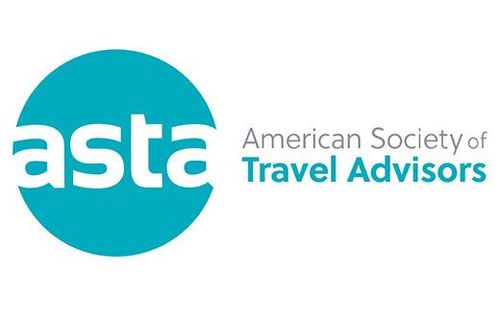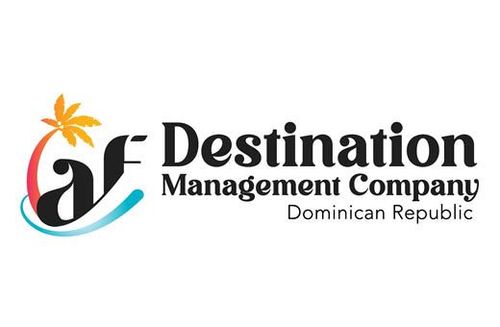Where travel agents earn, learn and save!
News / Travel Advisors signal growing concern amid shifting international travel landscape
Tariffs, travel bans and economic uncertainty drive Travel Advisors to pivot business strategies

The American Society of Travel Advisors (ASTA) released findings from its June 2025 follow-up survey of U.S. travel advisors, highlighting a noticeable shift in sentiment and business strategies compared to similar data gathered in March 2025. The surveys explored the impact of recent federal executive actions, travel bans and tariffs on the travel industry.
"Our members expressed their views plainly in our most recent national survey,” said Zane Kerby, ASTA President and CEO. “They are seeing hesitation in their clients, cancellations in their bookings and fear in their conversations. They are shouldering the burden of misinformation and working overtime to educate and protect the travelers who count on them most. For some, business is still thriving. For others, survival demands a pivot toward new markets, safer regions, more flexible pricing and above all, clear-eyed strategy.”
The full results of the survey are proprietary and an ASTA Premium Member benefit along with an accompanying white paper compiled by ASTA staff. The efforts are intended to help guide industry leaders during this time of uncertainty.
“In the travel industry, uncertainty is poison,” Kerby said. “We know that when consumers feel unsure about the state of the economy, about global conflict, about whether they’ll be welcome at their destination—they pause. They wait. Sometimes, they cancel their travel plans altogether. In that moment, our members who are the backbone of the travel economy pay the price.”
- Survey results show a moderate but clear downward shift in consumer demand between March and June. While the proportion of agencies reporting a significant drop in demand held steady, those noting a slight decrease rose from 32.5% to 38.8%. This reflects a broadening impact across consumer segments.
- The perception of policy-driven disruption also intensified. In June, more advisors pointed to both tariffs (27.9%) and travel bans (12.4%) as key factors affecting their business, up from 23.1% and 8.3%, respectively, in March.
- Postponements of international travel climbed to nearly 59% in June, up from 49% in March. While outright cancellations saw a slight decrease, this shift suggests that while travelers haven’t given up on international trips entirely, they’re increasingly opting to wait and see.
- nternational leisure travel remains the hardest hit segment of advisor business, with 69.2% of advisors citing it as the most affected category—up a striking 9.2 percentage points from March.”
Respondents across both surveys voiced concerns over economic instability, misinformation and fears related to international safety and immigration policy. However, tone and urgency shifted notably from March to June. Many advisors are “anxiously reactive,” noting the mounting sense of burnout, client frustration and realignment of business models.
Themes in commentary included concerns about international perception of U.S. travelers, client hesitations rooted in political rhetoric and economic headwinds impacting discretionary spending.
“Looking ahead to the rest of 2025, travel interest is still high, but so are the potential risks and roadblocks,” said Michael Schottey, ASTA Vice President of Membership, Marketing and Communications. “Understanding what’s changing and how agencies are responding is key. ASTA is here to support that process and ensure the travel advisor community stays informed, prepared and connected.”











